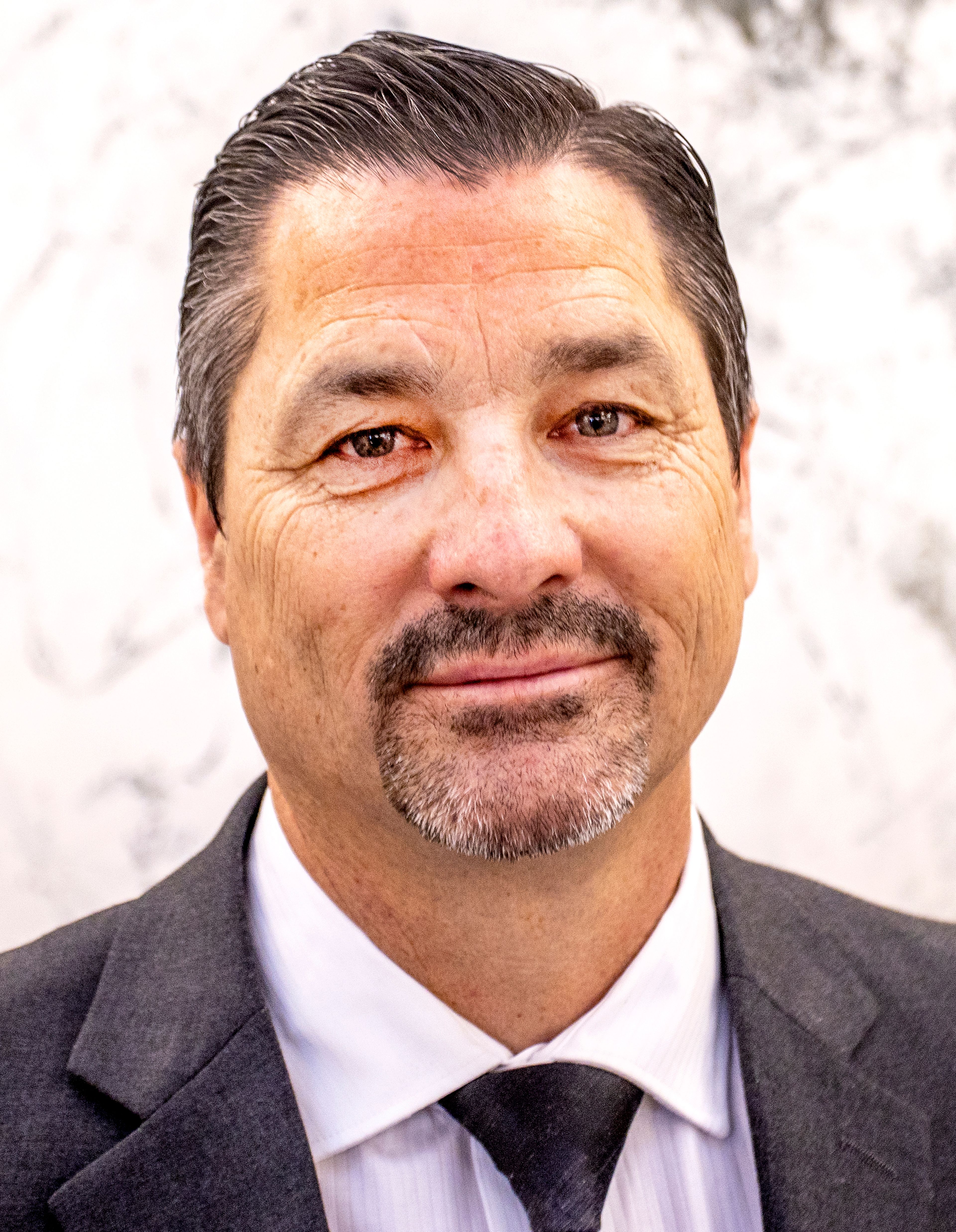Teacher bill narrowly passes Idaho House
Measure would allow districts to issue their own credentials; teachers’ union ‘vehemently opposed’ to plan
BOISE — An effort to address Idaho’s teacher shortage by letting local school districts issue district-specific teaching credentials passed the House on a near-party-line 54-13 vote Thursday.
Sponsored by Rep. Charlie Shepherd, R-Riggins, House Bill 221 gives districts the option to approve teaching certificates for anyone who is at least 18 years old, passes a criminal background check and has a four-year college degree.
A local certificate would only be valid in the school district where it was issued. State funding for local instructors would also be limited, unless they go on to earn teaching certificates through more traditional avenues.
The bill requires districts to provide mentoring and professional development, but doesn’t require any testing or training in classroom management, discipline methods, childhood develop or content mastery. The district itself, however, could address such issues while developing criteria for the local certificates.
Shepherd noted that Idaho schools often have difficulty in attracting enough qualified teachers to meet the demand. That’s particularly true in small and rural districts.
The purpose of HB 221, “is to help school districts and charter schools have some flexibility to get teachers in the classroom,” he said. It doesn’t impose any mandates on local districts, but does give them an opportunity to hire people who have a background in science, mathematics or other sought-after subjects.
“This provides a new tool in the toolbox,” Shepherd said.
House Democrats described the legislation as “a good start,” but said it’s essentially a Band-Aid that ignores the most glaring reason for Idaho’s teacher shortage.
“Pay the darn teachers,” said House Minority Leader Ilana Rubel, D-Boise. “That’s the solution to this problem. Pay them in rural areas, pay them in urban areas. Just pay them. That’s how you get qualified teachers to work — not by dropping our standards.”
House Education Committee Chairman Lance Clow, R-Twin Falls, said HB 221 gives school districts an opportunity to tap the expertise of people who might otherwise never set foot in the classroom.
“Not everyone comes into these situations looking for a career,” he said. “They may have just retired, they have excellent knowledge and experience, and just want to give back to the school.”
Rep. Gary Marshall, R-Idaho Falls, also suggested nontraditional teachers may do a better job in the classroom than those — like Marshall himself — who earned certificates through the traditional route.
“I’ve been a teacher all my life,” he said. “Some people have concerns about this bill. They’re afraid people will come into our classrooms who aren’t qualified. But I’m absolutely confident our school administrators will bring people in who are good, outstanding folks who are qualified to teach.”
The Idaho Association of School Administrators supports the legislation. However, the Idaho Education Association issued a letter saying it was “vehemently opposed” to the bill.
“House Bill 221 would allow school districts to self-certify teachers based on extremely minimal qualification thresholds,” said IEA Communications Director Dave Harbison, in a Feb. 26 letter.
Rep. Steve Berch, D-Boise, noted that teaching is a profession that requires specialized skills.
“The fact that you may be really smart and may have experience doesn’t mean you know how to teach,” he said. “It doesn’t mean you know how to manage a classroom and all the issues you have to deal with. We confirm that people know how to teach by earning a teaching certificate.”
The free market approach to solving Idaho’s teacher shortage, Berch said, “is to offer competitive salaries. This bill is yet another attempt to avoid having to deal with the root cause of this problem, which is us not being able attract and retain people who know how to teach by offering them competitive compensation.”
Shepherd said his son and two of his sisters are teachers, so HB 221 certainly isn’t intended to be disrespectful of the profession or anti-teacher in any way.
“My hope is we’ll get members of the community to come forth ... who are qualified in their specific area,” he said. “If they come in and never thought about being a teacher before and experience it in the classroom, I hope that will inspire them and motivate them to become certified. Then we’ve elevated our teachers throughout the state.”
All 12 House Democrats opposed the measure, along with one Republican — Rep. Matt Bundy, R-Mountain Home. All six representatives from north central Idaho supported the legislation, which now goes to the Senate for further action.
William L. Spence may be contacted at bspence@lmtribune.com or (208) 791-9168.



